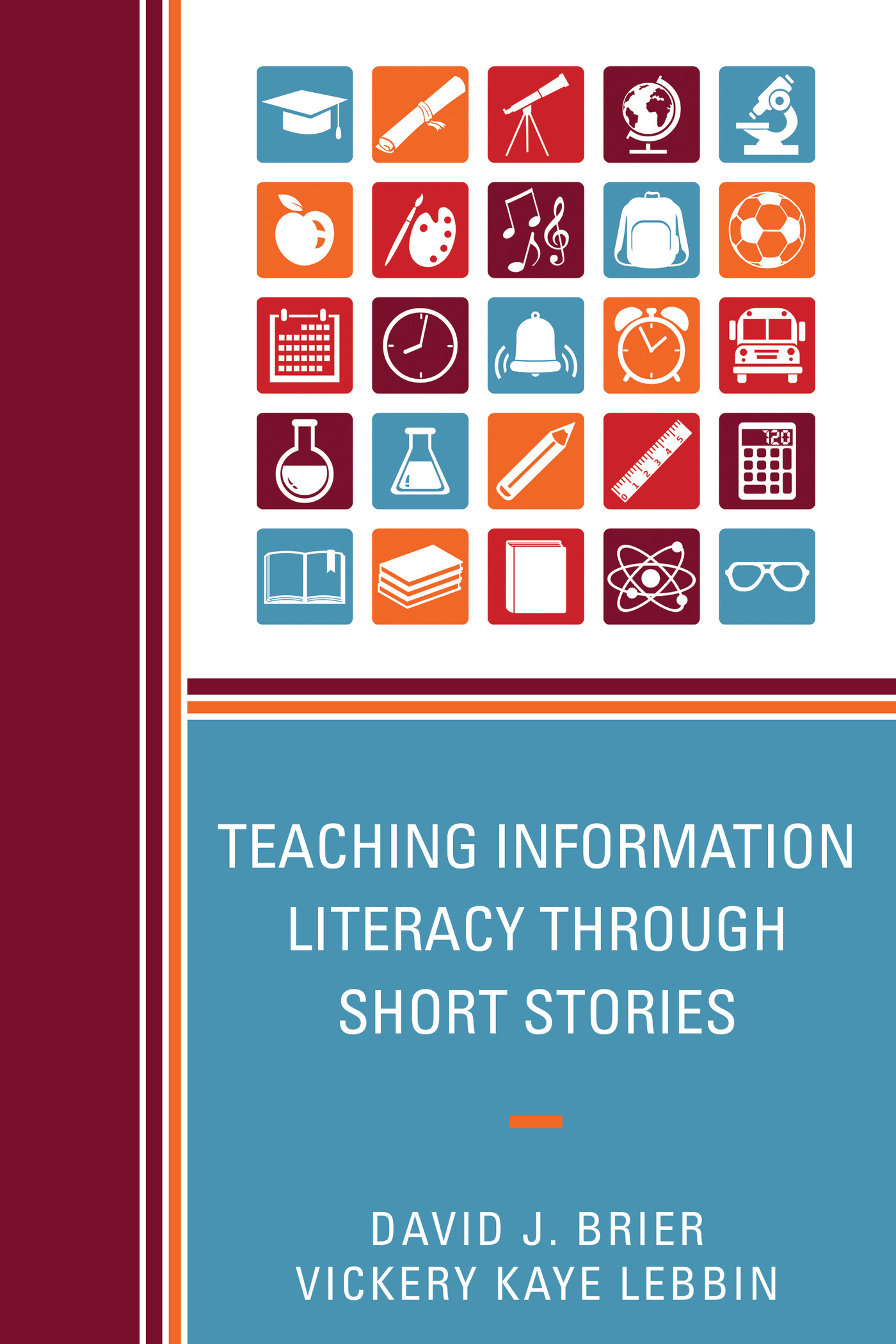Teaching Information
Literacy through
Short Stories
Teaching Information
Literacy through
Short Stories
David J. Brier
Vickery Kaye Lebbin
ROWMAN & LITTLEFIELD
Lanham Boulder New York London
Published by Rowman & Littlefield
A wholly owned subsidiary of The Rowman & Littlefield Publishing Group, Inc.
4501 Forbes Boulevard, Suite 200, Lanham, Maryland 20706
www.rowman.com
Unit A, Whitacre Mews, 26-34 Stannary Street, London SE11 4AB
Copyright 2016 by Rowman & Littlefield
All rights reserved. No part of this book may be reproduced in any form or by any electronic or mechanical means, including information storage and retrieval systems, without written permission from the publisher, except by a reviewer who may quote passages in a review.
British Library Cataloguing in Publication Information Available
Library of Congress Cataloging-in-Publication Data
Names: Brier, David James, 1962 author. | Lebbin, Vickery Kaye, 1969- author.
Title: Teaching information literacy through short stories / David James Brier, Vickery Kaye Lebbin.
Description: Lanham, Maryland : Rowman & Littlefield, 2016. | Includes bibliographical references.
Identifiers: LCCN 2016016862 (print) | LCCN 2016030911 (ebook) | ISBN 9781442255449 (cloth : alk. paper) | ISBN 9781442255456 (pbk. : alk. paper) | ISBN 9781442255463 (electronic)
Subjects: LCSH: Information literacyStudy and teaching (Secondary) | Short story.
Classification: LCC ZA3075 .B75 2016 (print) | LCC ZA3075 (ebook) | DDC 028.7071/2dc23
LC record available at https://lccn.loc.gov/2016016862
 TM The paper used in this publication meets the minimum requirements of American National Standard for Information Sciences Permanence of Paper for Printed Library Materials, ANSI/NISO Z39.48-1992.
TM The paper used in this publication meets the minimum requirements of American National Standard for Information Sciences Permanence of Paper for Printed Library Materials, ANSI/NISO Z39.48-1992.
Printed in the United States of America
Preface
This book developed from our ongoing search for new teaching methods to make information literacy meaningful for students. Several years ago, we discovered the following two books by history professor Daniel Roselle: Transformations: Understanding World History through Science Fiction (Fawcett, 1973) and Transformations II:Understanding American History through Science Fiction (Fawcett, 1974). Roselles books include collections of short stories linked to various history topics. Thinking it would be fun to try this approach with information literacy, we found a few promising short stories and used them in several classes. The result was so positive that it led to a search through literary review journals, indexes, and anthologies for more short stories. In 2004, we presented this teaching strategy at the LOEX-of-the-West library instruction conference and wrote a paper included in a special issue of the journal Reference Services Review focused on the conference. Following the conference, we continued to collect more short stories with the goal of eventually sharing our collection with other teachers and librarians in a published anthology. Through the years we used the short stories in library workshops for various subject disciplines. We asked students to read the stories at different timesbefore, during, and after a workshop and to respond to discussion questions through assorted techniquesindividually, as groups, in person, and online.
In January 2016 something opportune occurred. After several years of work and discussion by many librarians, the Association of College and Research Libraries (ACRL) adopted the Framework for Information Literacy for Higher Education, the new guiding document for the development of information literacy programs within higher education. The Framework is a significant update and revision to the Informational Literacy Competency Standards for Higher Education. This new Framework, designed to encourage a deeper understanding of information literacy, provides an ideal structure for a collection of short stories that encourage richer discussions about information literacy. ACRL encouraged librarians to be imaginative and innovative in implementing the Framework. The timing was right for us to act on that suggestion and compile this anthology of short stories linked to the Framework. The stories in the books are categorized according to the six frames in the Framework for Information Literacy for Higher Education. We are grateful to the authors who wrote the short stories included in this book and the multitude of librarians who contributed to the Framework that provides the books structure. It is through your work we are able to present to teachers, instructors, and librarians what we hope is a fun and worthwhile text for teaching and exploring information literacy.
Acknowledgments
Framework for Information Literacy for Higher Education, American Library Association, February 9, 2015. http://www.ala.org/acrl/standards/ilframework. Reprinted by permission of the Association of College and Research Libraries.
Renaissance Man by T. E. D. Klein. Copyright 1974 Abelard-Schuman, 450 Edgeware Road, London W2. Originally published in Space 2, edited by Richard Davis. Reprinted by permission of the author.
The Liberation of Rome by Robin Hemley. Originally appeared in North Carolina Humanities and The Big Ear: Stories by Robin Hemley. Copyright 1995 Robin Hemley. Reprinted by permission of the author.
The Amphibious Cavalry Gap by James E. Thompson. Copyright 1974 Conde Nast Publications, Inc. First printed in Analog Science Fiction and Fact, February 1974, and reprinted by permission of Penny Publications LLC/Dell Magazines.
Megaphone by Rick Cook. Copyright 1988 Baen Publishing Enterprises. Originally appeared in New Destinies: The Paperback Magazine of Science Fiction and Speculative Fact 6 (1988): 21724. Reprinted by permission of the author.
The Voice from the Curious Cube by Nelson Bond. Copyright 1937, 1954 Nelson Bond. Reprinted by permission of the authors estate.
The King by Alan M. Cvancara. Copyright 2010 Alan M. Cvancara. Originally appeared in Short-Short Stories: For Readers Short of Time by Alan M. Cvancara. Reprinted by permission of the author.
The Censors by Luisa Valenzuela. Copyright Luisa Valenzuela. Reprinted by permission of the author.
The Memory Priest of the Creech People by Paul Theroux, published in Harpers August 1998 issue. Copyright 1998 Paul Theroux, used by permission of the Wylie Agency LLC.
The People Who Owned the Bible by Will Shetterly. Copyright Will Shetterly. Originally appeared in And Other Stories by Emma Bull and Will Shetterly. Reprinted by permission of the author.
A Fable by Robert Fox. Copyright Robert Fox. Reprinted by permission of the authors estate.
College Queen by William Brandon. Copyright 1947, 1948, 1949, 1950, 1951, 1952, 1953, United Newspapers Magazine Corporation. Originally appeared in This Week. Reprinted by permission of the authors estate.
To Serve Man by Damon Knight. Original copyright 1950 Damon Knoght. Originally published in The Magazine of Fantasy and Science Fiction, winter-spring 1950. Reprinted by permission of InfinityBox Press LLC, Portland, OR.
An Old Man by Guy de Maupassant, translated by Francis Steegmuller. Originally appeared in A Lion in the Path by Francis Steegmuller. Public domain.
Next page
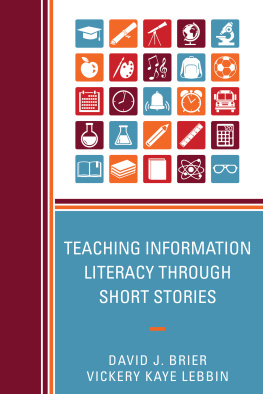
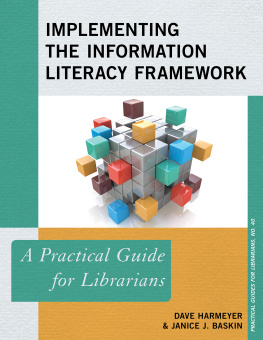
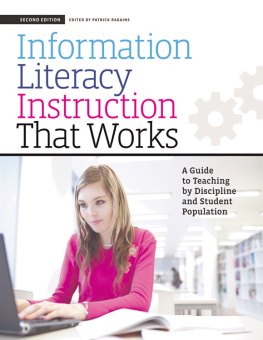
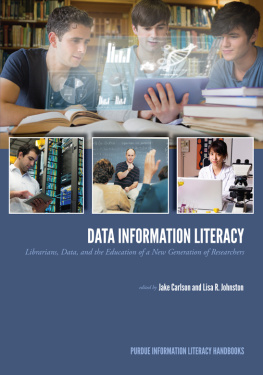
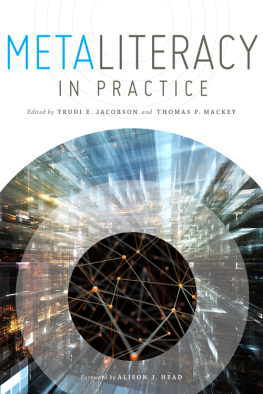
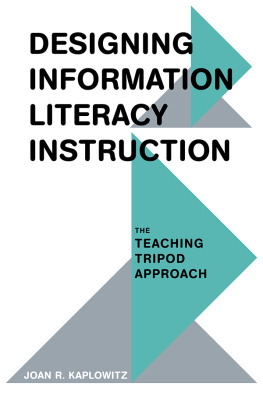
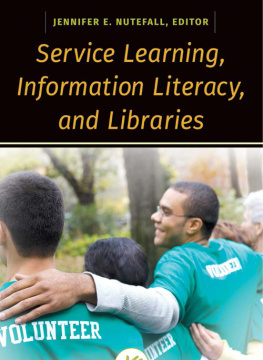
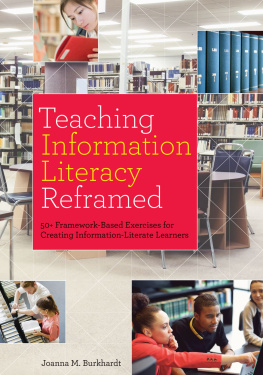

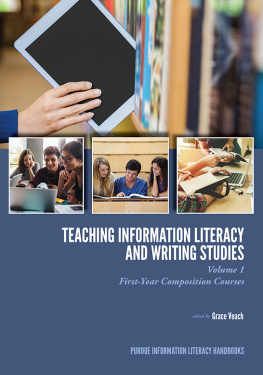
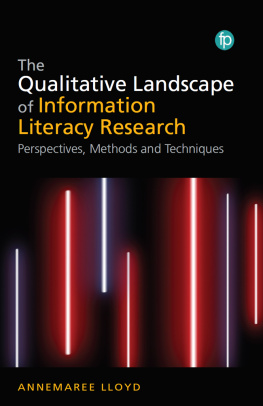
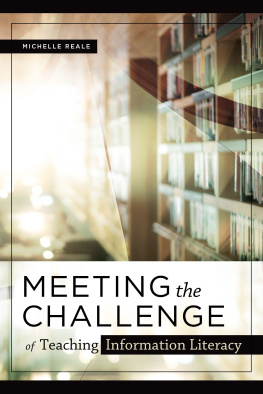
 TM The paper used in this publication meets the minimum requirements of American National Standard for Information Sciences Permanence of Paper for Printed Library Materials, ANSI/NISO Z39.48-1992.
TM The paper used in this publication meets the minimum requirements of American National Standard for Information Sciences Permanence of Paper for Printed Library Materials, ANSI/NISO Z39.48-1992.